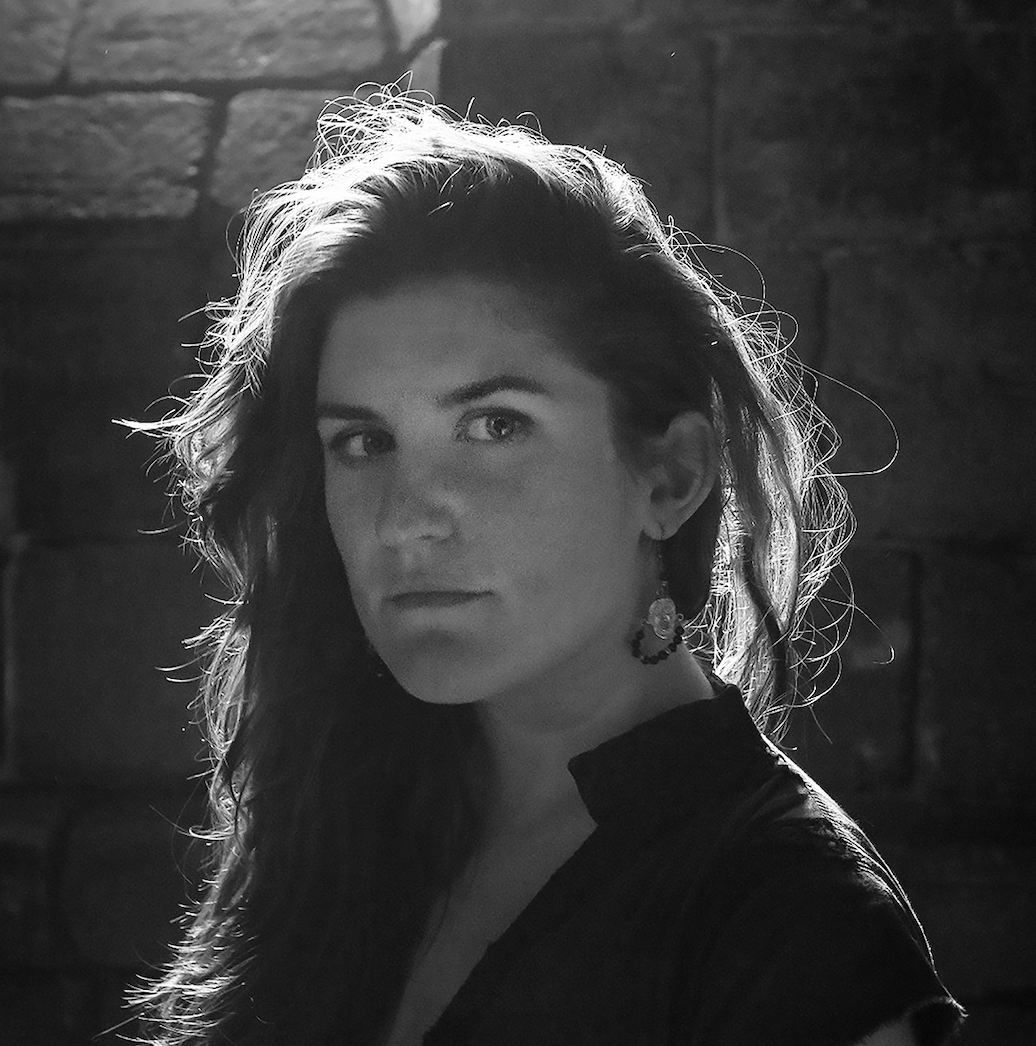BA, Princeton University. MFA, Yale University, David Geffen School of Drama. A dramaturg, producer, and critic of film, theatre, and performance, Sibert is the resident dramaturg of the queer theatre and media company Fake Friends, whose play Circle Jerk was a finalist for the Pulitzer Prize for Drama in 2021 and the winner of an Obie Award for Digital/Hybrid Theatre in 2023. Her work as a producer and dramaturg with Fake Friends and artists, including Hito Steyerl, Sara Cwynar, Savaş Boyraz, Ayham Ghraowi, Evan Yionoulis, and Shadi Ghaheri, has been presented at the Park Avenue Armory, the Performa Biennial, New York Theatre Workshop, BAM, Ars Nova, Connelly Theater, Jan Van Eyck Academie, Exponential Festival, Dixon Place, Spectrum Arts, Actors Theatre of Louisville, Yale Repertory Theatre, and Theater Mitu, among other venues. Sibert has taught theatre studies as an assistant professor at Quinnipiac University and as a teaching fellow at the David Geffen School of Drama and Yale University. She also served as associate editor of the journal Theater (Duke University Press) and a visiting critic of performance at the Yale School of Art. Her writing and interviews have been published in TDR, The Brooklyn Rail, Los Angeles Review of Books, Theater, American Theatre, 3Views, and Text and Presentation. Current research examines screen-based subjectivities and performances of self and cybernetic dramaturgies in 20th-century performance. SLC, 2024–
Undergraduate Courses 2025-2026
Theatre
Structure: Dramaturgy and the Politics of Form
Advanced, Graduate Component—Year
THEA 7625
To undertake a structural analysis is to ask why things are the way they are, how they got to be that way, and whether the system is still working—if the structure still holds. Dramaturgy as structural analysis considers not only the form of the drama but also the methods and modes of production and how theatre and performance organize (or potentially restructure) public life. Dramaturgy asks students to consider the infrastructure of making theatre, alongside questions of aesthetic form and political effect. This discussion-based course will teach dramaturgy as a form of structural analysis and as a set of strategies and tactics for intervening within structures as they already exist—institutions, rehearsal rooms, modes of thinking, and modes of making. Readings and viewings will pair plays and performance scores that experiment with structure alongside structuralist and poststructuralist theories of race, gender, sexuality, ecology, infrastructure, networks, phenomenology, and political philosophy; for example, the works of Ligia Lewis, the international Fluxists, Judson dance, María Irene Fornés, Una Chaudhuri, Sylvia Wynter, Bruno Latour, and Donna Haraway. Assignments will include creative, collaborative exercises and works of scholarly analysis; students will be asked to write critically, to critique one another’s writing, and to devise their own “structures”—scores and scenarios for performance—in class.
Faculty
Previous Courses
MFA Theatre
Dramaturgy Studio: Problems and Practice
Graduate Component
7615
The year-long course introduces students to the theory, history, and applications of dramaturgy, an approach to analyzing and working within collaborative, performance-, script- and time-based artistic practices across media. As a field, dramaturgy is analytical and practical, critical, collaborative, and creative. The dramaturg is often the only member of a creative team valued principally for their ability to feed back into the process of making rather than by what they have made themselves; they are expected to adapt from project to project and to embed themselves within any given process. At the same time, vestiges of the discipline’s origins in the Enlightenment persist in the expectation that the dramaturg maintains “objectivity”: they are responsible for fact-checking and verifying an artwork’s claims, correcting its contradictions, and elevating it to some standard of quality that often concatenates moral, aesthetic, and institutional values.
This course aims to teach the pragmatic applications of dramaturgy alongside its internal tensions and potential problematics, as well as the philosophical underpinnings of the field and its applications in theater, dance, performance art, installation, and screen-based performance. Across the four parts of the course, Dramaturg as Interpreter/Respondent, Dramaturg as Researcher, Dramaturg as Critic, and Dramaturg as Collaborative Artist, students will be asked to both debate works of art and criticism in seminar-based discussions, as well as generate and respond to each other’s work in short-throw, collaborative exercises. Issues of taste and objectivity, process versus product, the relationship of aesthetic, moral, and political values, liveness and mediation, and the role of the critic, as well as artistic research and autotheory as dramaturgical approaches, will be explored in readings/viewings that place artist’s works and statements in conversation with dramaturgical responses from contemporary critics and collaborators. Rather than attempt to pin down a fluid discipline, the course aims to provide tools for students to define, according to their experiences and artistic values, their philosophy and practice of dramaturgy.
